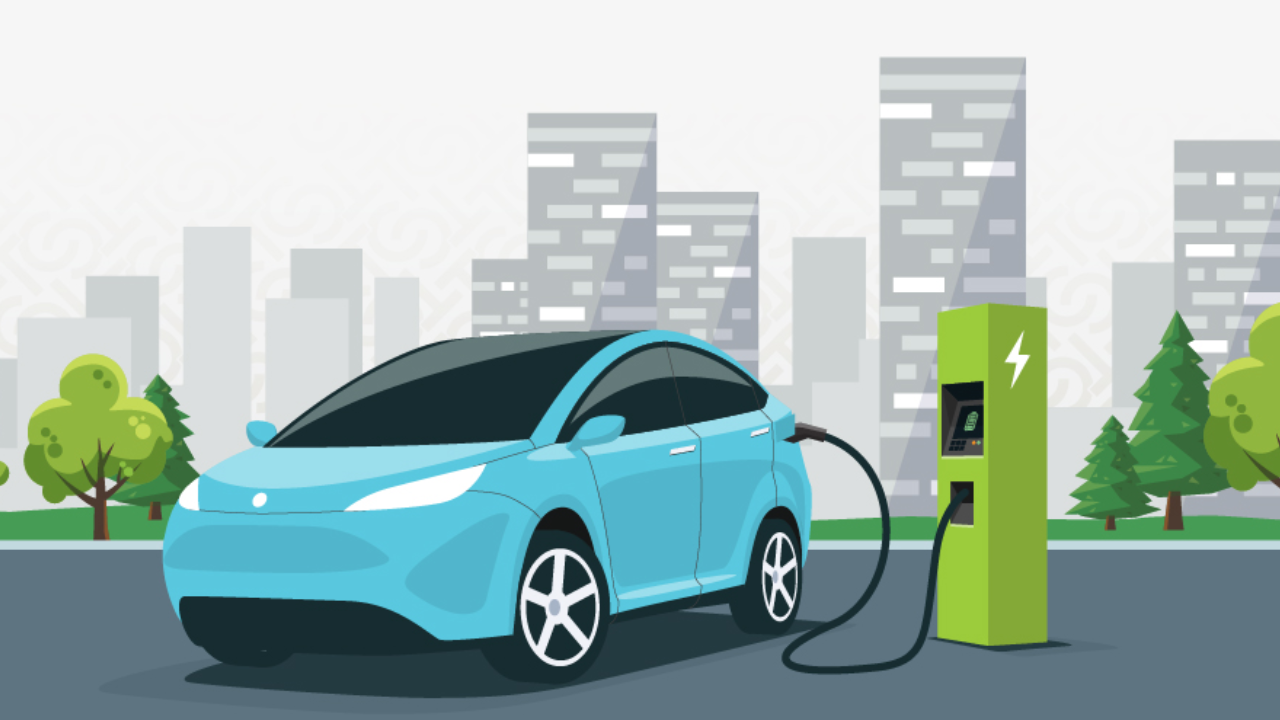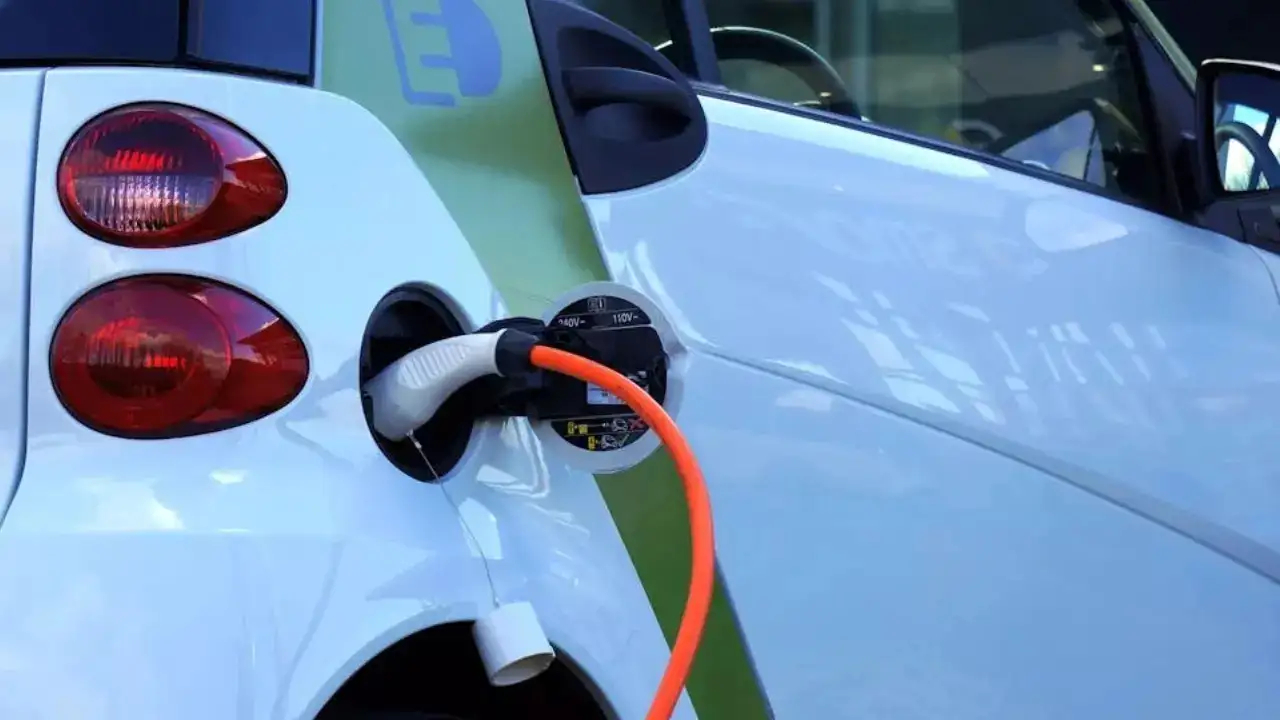Electric Vehicle Revolution : The revolution of electric vehicles or electric vehicles is not something that is confined by geographical boundaries. This revolution in transportation is indeed worldwide. It has most promisingly embodied the features of an electric vehicle revolution in India: cleaner air, cheaper fuel costs, and economic independence from foreign oil. But the biggest question is – is India really ready for this? Let’s examine how prepared the country is for that transformation as well as the obstacles that are likely to arise in popularizing electric vehicles.
Current Status of EVs in India
India has made tremendous strides in the promotion of electric vehicles. Good government incentives and subsidies have aided purchase and use of electric vehicles. Market spread of electric two-wheelers and cars has increased along with better pricing and better battery lives. In fact, more and more actually eco-electronic bicycles, two-wheeler scooters, and even electric cars flood Indian cities like Delhi, Mumbai, and Bangalore. There are more charging stations for public use, bringing more convenience to EV owners.
Also Read : 2025 Kawasaki Ninja 300 Launched in India – Same Power, New Colours, No Price Hike
In fact, numerous new Indian companies, along with a host of start-ups, are so investing in the technology and manufacturing for EVs. This is testimony that the interest and faith in electric vehicles continue to grow. But EVs still comprise just a minuscule species in the life of vehicle population in India; thus, it has not even touched the fringe of these areas.
Challenges India Faces
India has certainly made some impressive developments to the cause. However, despite that, there is at least quite a few major challenges as far as the complete transition to electric vehicles is concerned. One might have to do with underdeveloped charging infrastructure, particularly, in small towns and rural areas. Most people will think twice before purchasing electric vehicles, given rather difficult accessibility to charging points.

Other than that, the current challenge should be the price. Although the price of EVs has been steadily going down, they are still considered to be above the price levels of conventional petrol or diesel vehicles. Potential customers have apprehensions regarding relatively higher battery and spare part costs in their investment.
The skeptics are also already asking questions about range anxiety, which actually makes some sprout doubts that their electric vehicles would not cross in ranges, hence not intended for daily usage or long-distance travel.
Also Read : Honda E-VO Electric Bike Launched in China – Company’s First EV Motorcycle Starts at Rs 3.56 Lakh
Finally, there is the question of the electricity supply itself. There will have to be an increased source of clean, sustainable energy to make electric vehicles truly effective in reducing pollution in India rather than merely transferring it to power plants.
